It’s happened to all of us — we have been added to the wrong group chat. However, what if that group chat is describing an upcoming military strike? As incredulous as this sounds, it’s what happened to The Atlantic editor-in-chief Jeffrey Goldberg, who was added to a group chat on Signal formed by high-ranking members of the Trump administration to discuss plans for military strikes on Yemen.
But that’s not all the information that Goldberg was made privy to; in the group chat it also emerged that Trump’s Cabinet complained about defending “free-loading Europe”.
The leak was confirmed by National Security Council spokesman Brian Hughes, who said, “The message thread that was reported appears to be authentic, and we are reviewing how an inadvertent number was added to the chain.”
The White House further added that Donald Trump “continues to have the utmost confidence in his national security team,” after the US president earlier said he did not “know anything about” the issue.
As the issue continues to unravel, with the Democrats and security experts lamenting the breach, we take a closer look at what happened, who was involved, what details were leaked and what could be the ramifications.
The Atlantic’s Jeffrey Goldberg reveals leak
On Monday (March 24), The Atlantic’s Jeffrey Goldberg published a report ‘The Trump administration accidentally texted me its war plans’ in which he outlines how he ended up being a part of a classified conversation where senior US government officials discussed military strikes on a foreign country.
He wrote in the report, “The world found out shortly before 2 pm eastern time on March 15 that the United States was bombing Houthi targets across Yemen.
“I, however, knew two hours before the first bombs exploded that the attack might be coming. The reason I knew this is that Pete Hegseth, the secretary of defence, had texted me the war plan at 11:44 am. The plan included precise information about weapons packages, targets, and timing.”
The Atlantic editor then further explains that on March 11, he received a connection request on Signal from a user identified as Michael Waltz. Assuming that the Waltz who had sent him a request was the US national security adviser, he accepted the invitation.
Two days later, he was made part of a Signal chat group called the “Houthi PC small group.” According to Goldberg, the group comprised 18 members including US Vice President JD Vance, Defence Secretary Pete Hegseth, and National Intelligence Director Tulsi Gabbard.
On the same day of being invited into the group chat, a message from Mike Waltz read, “Team – establishing a principles [sic] group for coordination on Houthis, particularly for over the next 72 hours. My deputy Alex Wong is pulling together a tiger team at deputies/agency Chief of Staff level following up from the meeting in the Sit Room this morning for action items and will be sending that out later this evening.”
Goldberg reiterates in his report that at first, he thought that this was a disinformation campaign and even discussed it with his colleagues. “I had very strong doubts that this text group was real because I could not believe that the national-security leadership of the United States would communicate on Signal about imminent war plans. I also could not believe that the national security adviser to the president would be so reckless as to include the editor-in-chief of The Atlantic in such discussions with senior U.S. officials, up to and including the vice president.”
But he didn’t leave the group just yet. A day later, the group chat began its back and forth during which US Vice President JD Vance expressed his concern over the attack, saying, “Team, I am out for the day doing an economic event in Michigan. But I think we are making a mistake.”
The US vice president further wrote, “Three per cent of US trade runs through the Suez. Forty per cent of European trade does. There is a real risk that the public doesn’t understand this or why it’s necessary. The strongest reason to do this is, as POTUS said, to send a message.”
This was later followed up by a message from Pete Hegseth. He wrote on the group: “VP: I understand your concerns — and fully support you raising w/POTUS. Important considerations, most of which are tough to know how they play out (economy, Ukraine peace, Gaza, etc). I think messaging is going to be tough no matter what – nobody knows who the Houthis are – which is why we would need to stay focused on: 1) Biden failed & 2) Iran funded.”
Waltz then responded to the messages, “Whether it’s now or several weeks from now, it will have to be the United States that reopens these shipping lanes. Per the president’s request we are working with DOD and State to determine how to compile the cost associated and levy them on the Europeans.”
Vance responding to the group chat told Hegseth, “If you think we should do it let’s go. I just hate bailing Europe out again.”
Hegseth reacts three minutes later: “VP: I fully share your loathing of European free-loading. It’s Pathetic. But Mike is correct, we are the only ones on the planet (on our side of the ledger) who can do this. Nobody else even close. Question is timing. I feel like now is as good a time as any, given POTUS directive to reopen shipping lanes. I think we should go; but POTUS still retains 24 hours of decision space.”
On March 15, Goldberg writes that Hegseth posted another ‘update’ on the strikes on the Houthis in Yemen, saying the first detonations in Yemen would be felt two hours hence. Minutes after the strikes, Hegseth wrote again on the group, “amazing job”, prompting Waltz to respond with three emojis: a fist, an American flag and fire.
Another individual identified as MAR — presumably Marco Rubio — wrote, “Good Job Pete and your team!!” Susie Wiles also messaged, “Kudos to all – most particularly those in theatre and CENTCOM! Really great. God bless.”
Trump’s envoy to the Middle East Steve Witkoff responded with five emojis: two hands-praying, a flexed bicep, and two American flags.
Following the strikes, which killed at least 53 people, Goldberg removed himself from the Signal group, writing that “no one in the chat had seemed to notice that I was there. And I received no subsequent questions about why I left—or, more to the point, who I was.”
Trump’s team acknowledges; critics call for investigation
Following The Atlantic’s very detailed report, the Trump administration acknowledged that the messages sent over Signal were true but chose not to offer any explanation for why senior officials were discussing national defence information outside of approved classified government systems.
On Monday, National Security Council spokesman Brian Hughes told AFP, “The message thread that was reported appears to be authentic, and we are reviewing how an inadvertent number was added to the chain.”
When US President Donald Trump was asked about the report during a press conference on Monday, he said: “I don’t know anything about it. I’m not a big fan on the Atlantic. To me, it’s a magazine that’s going out of business.
“You, you’re telling me about it for the first time.”
BREAKING: In a stunning moment, Donald Trump admits that he has no idea what his own administration is up to, when asked about the major lapse in security when war plans were accidentally shared over Signal with a reporter.
— Really American 🇺🇸 (@ReallyAmerican1) March 24, 2025
Make sure everyone sees this.pic.twitter.com/Jy4IKgT8EV
Defence Secretary Pete Hegseth tried to dodge the leak, telling reporters that no war plans were discussed over text. “Nobody was texting war plans and that’s all I have to say about that,” Hegseth told reporters. He further took jabs at Goldberg, who he described as “deceitful and highly discredited.”
Wow! Pete Hegseth tries to attack the Atlantic journalist after he sent that journalist classified information by mistake.
— Ed Krassenstein (@EdKrassen) March 24, 2025
This man should forced to resign. What a terrible response to a very serious question. pic.twitter.com/bpzJg2FvPL
Other Republicans also seemed less critical of the leak; House of Representatives Speaker Mike Johnson, a Republican, said the breach was a mistake, but said the chat showed “top level officials doing their job, doing it well”.
However, Politico reported that discussions were ongoing inside the White House that National Security Adviser Mike Waltz may need to be forced out. An official, who didn’t want to be named, told Politico: “It was reckless not to check who was on the thread. It was reckless to be having that conversation on Signal. You can’t have recklessness as the national security adviser,” the official said.
The Democrats have also lamented the leak, demanding an investigation and casting the episode as a national security scandal. “This is one of the most stunning breaches of military intelligence that I have read about in a very, very long time,” Senate Democratic Leader Chuck Schumer said.
Senator Jack Reed also slammed the leak, saying: “The carelessness shown by President Trump’s Cabinet is stunning and dangerous.” Senator Mark Warner, who is also the vice chairman of the Senate Intelligence Committee, said on X: “This administration is playing fast and loose with our nation’s most classified info, and it makes all Americans less safe.”
Minnesota Governor Tim Walz, the Democratic Party’s 2024 vice presidential candidate, also quipped: “Pete Hegseth texting out war plans like invites to a frat party.”
Hillary Clinton — who was repeatedly attacked by Trump for using a private email server while she was secretary of state — posted the Atlantic article on X along with the message: “You have got to be kidding me.”
👀 You have got to be kidding me.https://t.co/IhhvFvw6DG pic.twitter.com/bnNG4dGSpI
— Hillary Clinton (@HillaryClinton) March 24, 2025
Ramifications of the leak
The emerging scandal over the leak could have legal implications and make allies wary of sharing intelligence with the United States, explained security experts. Many stated that using the Signal app to discuss military operations was a shocking risk to national security. As one former intelligence official told CNN, “They broke every procedure known to man about protecting operational material before a military strike. “You have a total breakdown in security about a military operation. They broke every procedure known to man about protecting operational material before a military strike.”
Some even noted that the information shared on Signal by Trump officials could be violating multiple parts of the Espionage Act.
Many also noted that the leak was ironical. In the past, Trump repeatedly attacked Hillary Clinton’s use of a private email server during the Obama administration, particularly she was criticised for discussion of classified material in email. Now, the leaders of his entire national security team appear to have been on an unclassified system discussing very sensitive material.
With inputs from agencies


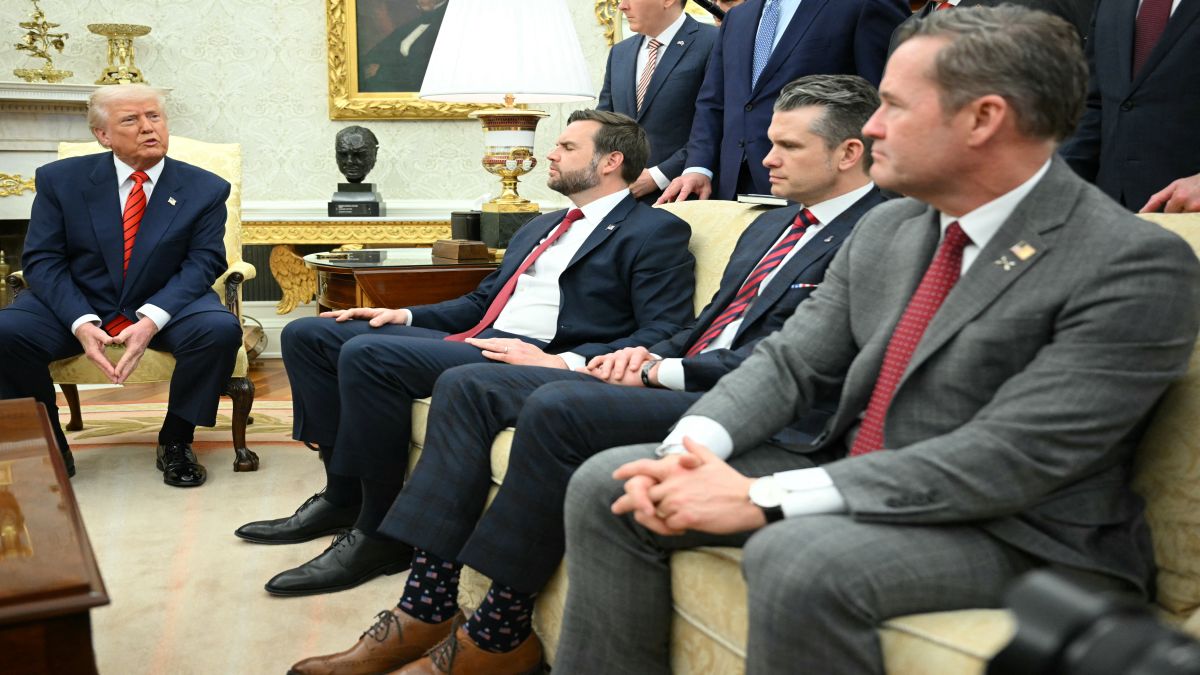)
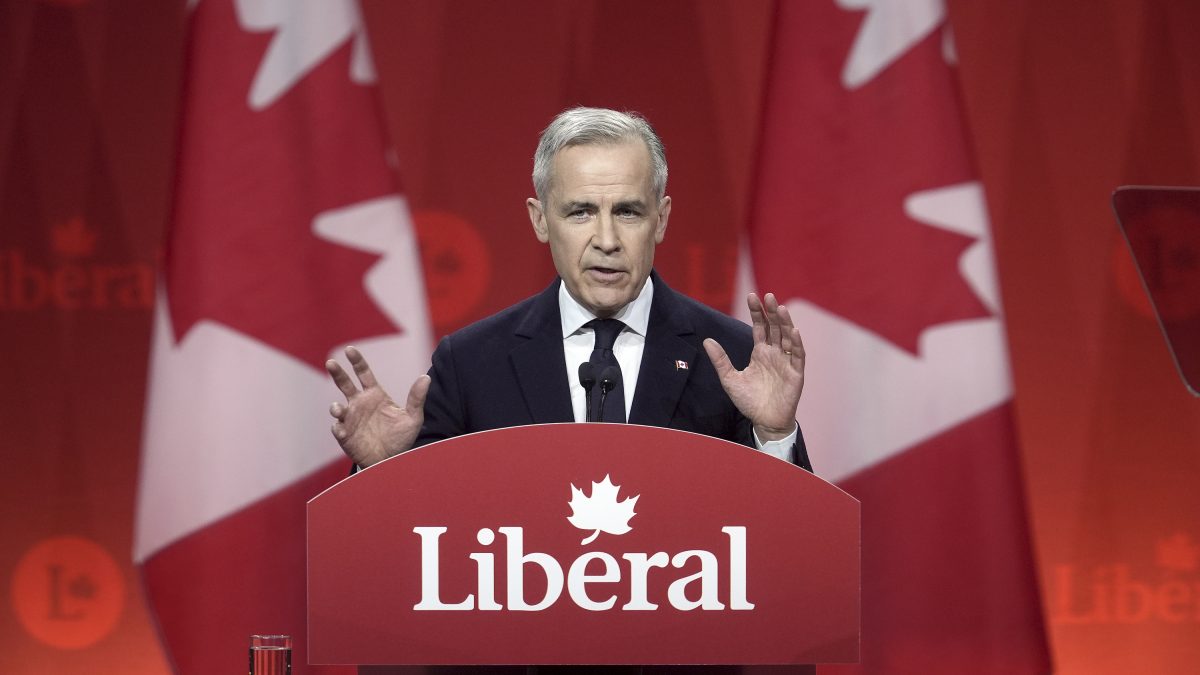)
)
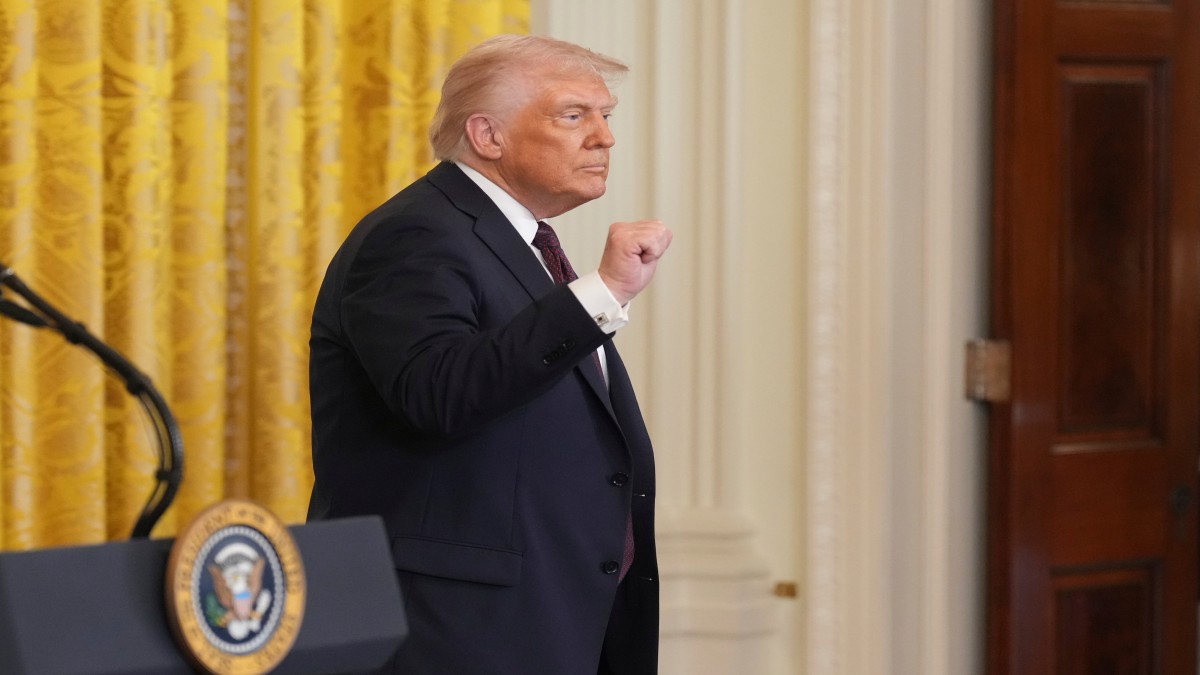)
)
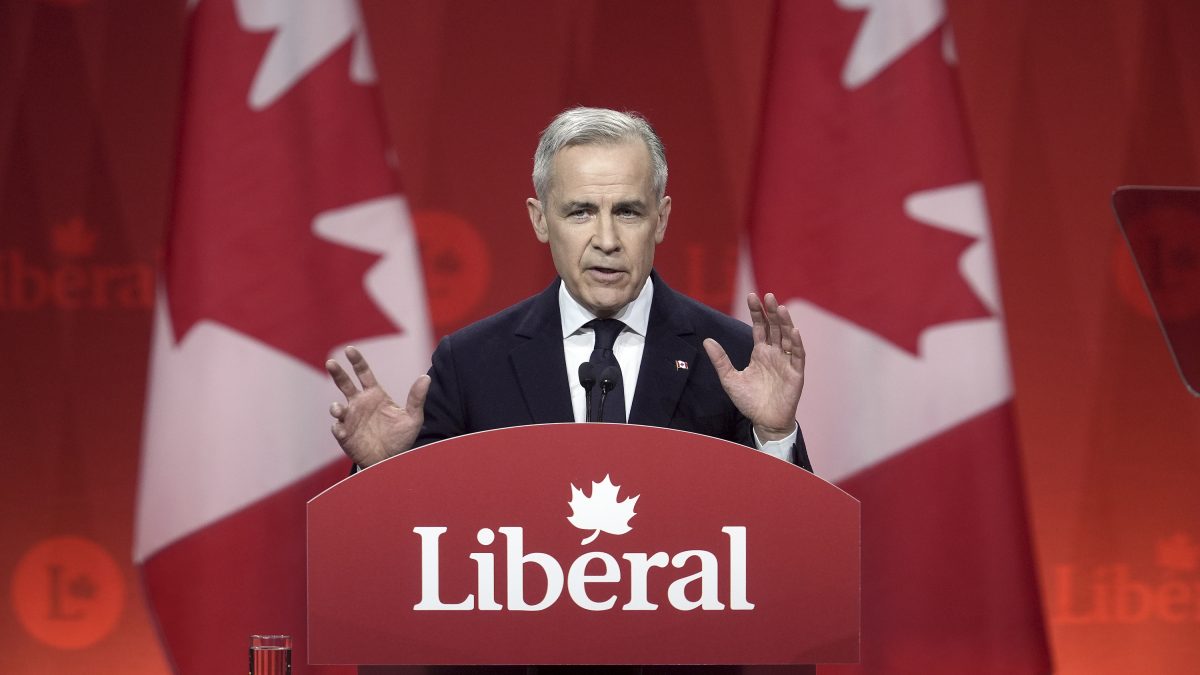)
)
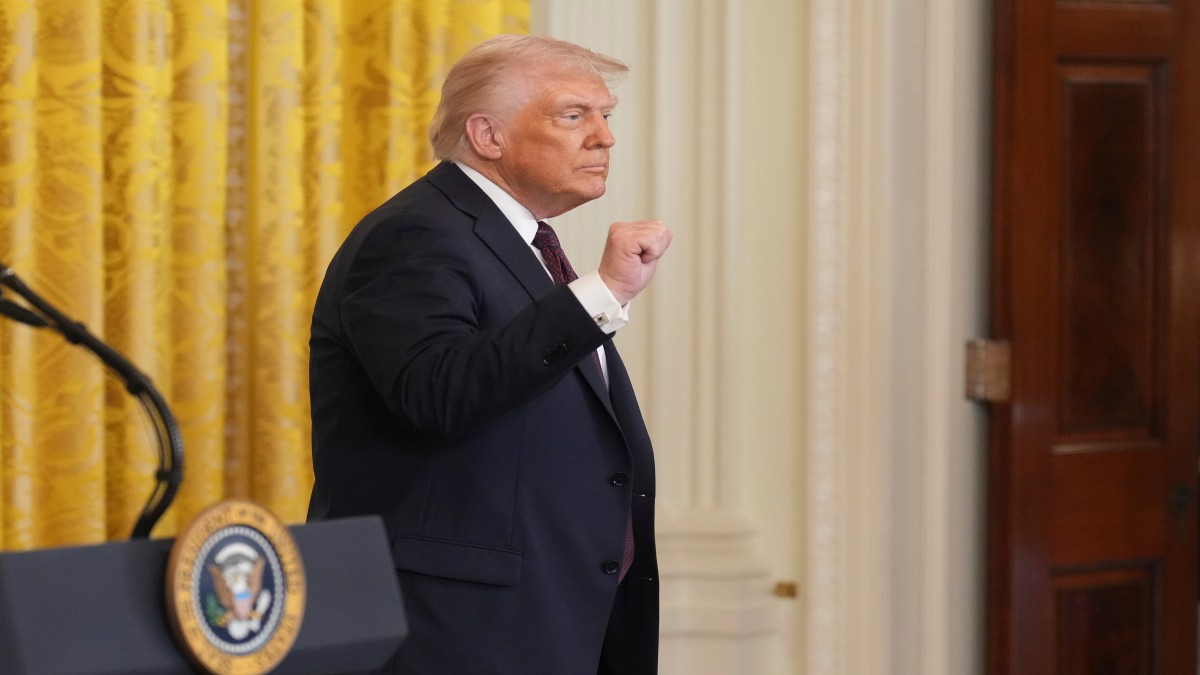)
)



